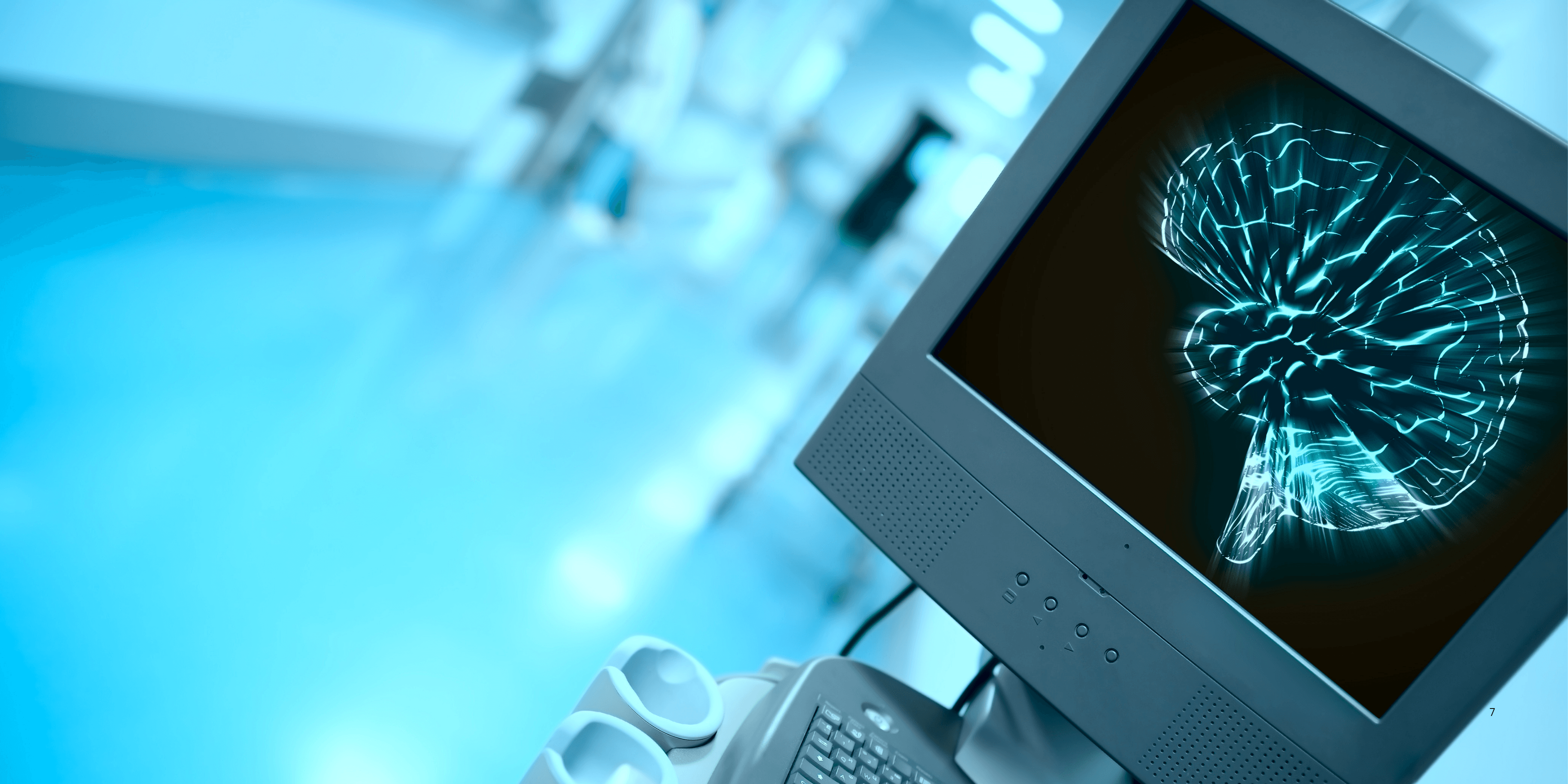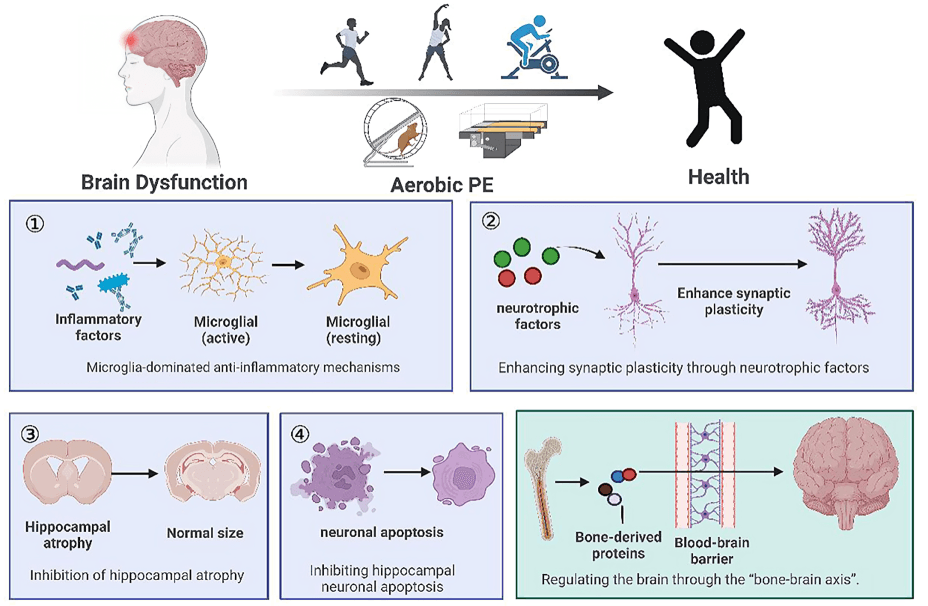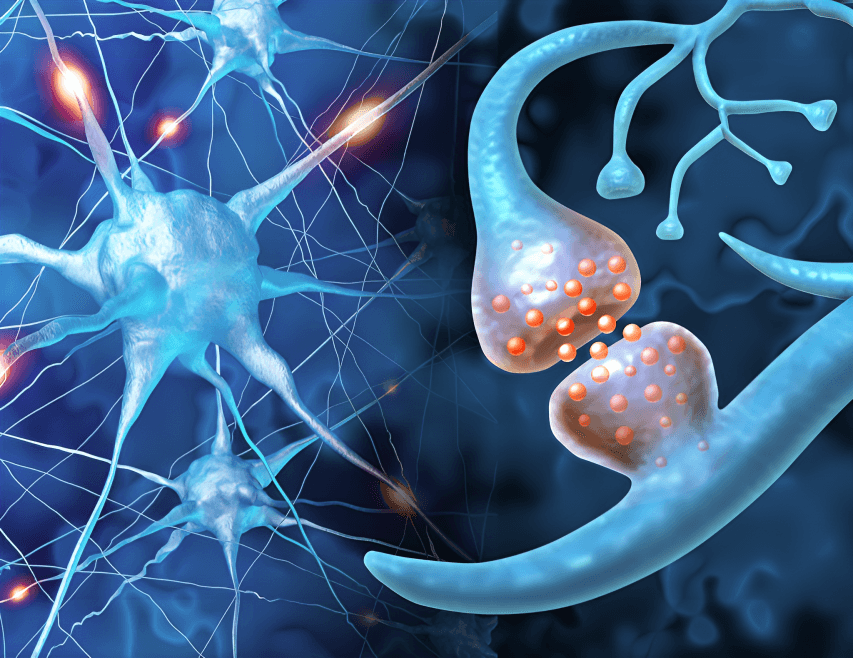
“
Neuron regeneration and neurogenesis were once thought impossible after birth, but new research reveals the brain's remarkable ability to repair itself and generate new neurons in specific regions. This process, known as neuron regeneration and neurogenesis, plays a crucial role in memory, recovery after injury, and maintaining brain health.1
1
”
Neuron regeneration is the repair or regrowth of damaged axons, mainly in the peripheral nervous system, where Schwann cells guide new growth and help reconnect injured nerve fibers.1
Neurogenesis is most active in two brain regions: the hippocampus, which manages memory and learning, and the subventricular zone, where newborn neurons can migrate to the olfactory bulb. 2

Studies show that physical exercise, especially aerobic activity like running, significantly boosts hippocampal neurogenesis by enhancing blood flow, oxygen delivery, and the release of brain-derived neurotrophic factor (BDNF).
Neurons in the central nervous system regenerate poorly compared to those in the peripheral nervous system due to inhibitors like Nogo-A, which prevent axonal regrowth after injury or degeneration. 3
Stress and aging can suppress neurogenesis by elevating cortisol levels, which in turn reduce the production of new brain cells and impact memory, mood regulation, and cognitive performance. 4
Omega-3 fatty acids found in fish oils and flaxseeds may support neuron regeneration by promoting anti-inflammatory actions and fostering a neuroprotective environment that encourages axon repair. 5
The discovery of adult neurogenesis in the late 20th century revolutionized neuroscience, debunking the long-held belief that new neurons couldn't form after early development. 6
Neural stem cells, found in specific adult brain regions, are responsible for generating new neurons and glial cells, contributing to brain repair and plasticity throughout life. 7
Brain injuries, such as stroke or trauma, can trigger limited neurogenesis as the brain attempts self-repair, although the process is often inefficient and may require external interventions to enhance recovery. 8

Learning new skills, particularly complex tasks, stimulates neurogenesis and increases synaptic plasticity, showing the brain's ability to reshape and regenerate in response to cognitive demand.
Research in zebrafish and rodents shows that damaged spinal cord neurons can regenerate under certain conditions, offering insights for future therapies in humans with spinal injuries. 9
Environmental enrichment—exposure to stimulating settings, novel objects, and social interactions—enhances neurogenesis by activating growth factors and improving brain connectivity. 10
Certain antidepressants, especially SSRIs like fluoxetine, have been shown to stimulate hippocampal neurogenesis, possibly explaining part of their mood-lifting effects beyond neurotransmitter rebalancing. 11
Scientists are experimenting with gene therapies and biomaterials to guide neuron regeneration, aiming to develop effective treatments for conditions like spinal cord damage. 12
Astrocytes and microglia, glial cells once thought only to support neurons, play active roles in neuron regeneration by regulating inflammation and clearing cellular debris after injury. 13

Research suggests intermittent fasting may promote neurogenesis by triggering cellular stress responses that enhance brain resilience and stimulate growth of new neural connections.
Sleep quality directly affects neurogenesis; deep sleep stages are critical for the release of growth hormones and the restoration processes that aid neuron survival and memory consolidation. 14
Stem cell transplantation is being explored in clinical trials to replace lost neurons and restore brain function, although challenges remain in controlling cell behavior and integration. 15
Human hippocampal neurogenesis declines with age, but evidence suggests it doesn’t entirely stop—meaning older adults may still generate new neurons with the right stimulation and care. 16
Neural regeneration research has inspired neuroprosthetics, which mimic lost neural function and interface with regrowing axons, offering hope to those with paralysis or sensory impairments.17


